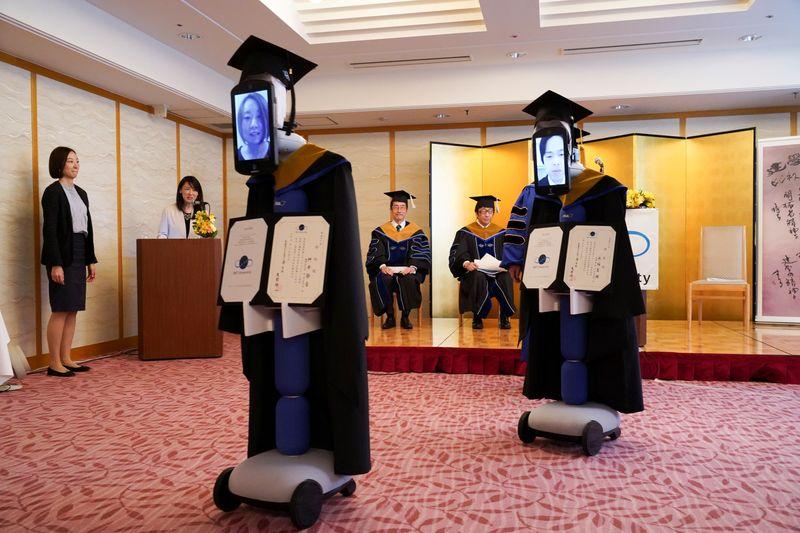Education Saturday with Curious Droid.
Far from calm and peaceful, space is a dangerous place with high levels of radiation not only from our sun but from distant supernovas. This is not only dangerous to us but also to the spacecraft themselves with is able to damage the electronics and computers that keep it running and the crew alive in it. So how do they protect the craft and crew with what looks like almost no shielding at all?
This video is sponsored my Magellan TV. https://try.magellantv.com/curiousdroid




